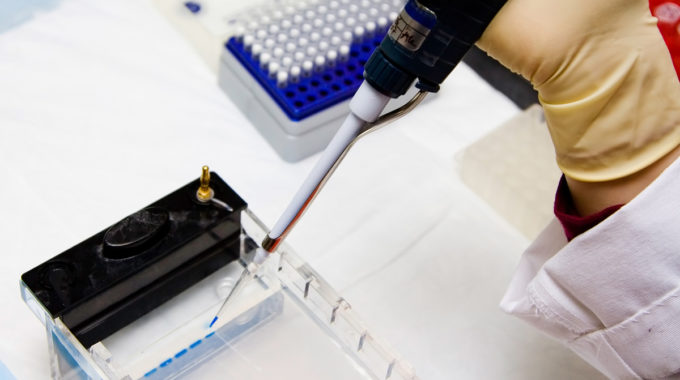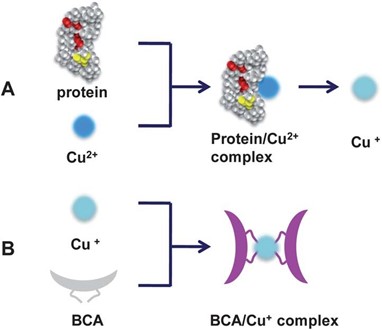Protein Electrophoresis Electrophoresis is a simple yet effective tool that is used to separate proteins,…

An Introduction to Western Blotting
Western blotting is a popular technique used to detect and quantify proteins within a sample. Sometimes referred to as immunoblotting, this technique uses an antibody to detect the antigen found on the protein of interest. This enables researchers to separate it from a complex mixture. As a result, we can evaluate and quantify the levels of protein expression within a cell, as well as changes in size and other important properties. Cepham Life Sciences aims to shed some light on what western blotting is and why it is so useful in protein studies.
What Is Western Blotting?
Western blotting is a technique used to quantify the protein within a sample. This well-developed technique follows a general protocol with a few changes depending on the method of detection. The first step is to isolate the protein of interest by extracting proteins from a sample and separating them on a gel using electrophoresis. The proteins are then transferred to a blotting membrane which is usually made of nitrocellulose or PVDF. The membrane is then exposed to a primary antibody which is specific to the target protein of interest. Following this, a second antibody is used that recognizes and binds to the primary antibody. This secondary antibody is typically conjugated to a reporter molecule such as the enzymes Horse Radish Peroxidase (HRP) or Alkaline Phosphatase (AP). The enzymes react with the substrate and enables the detection of the protein as a band on the blot using either colorimetric, fluorescent, or luminescent methods. The method of detection depends on the secondary antibody used. The size and color intensity of the detected band can be used to estimate the amount of protein present.
Applications for Western Blotting
Western blotting is a fundamental technique in molecular biology and proteomics and has application in both scientific research and clinical diagnostic tests. It can be used to help identify the presence of a particular protein through the binding of an antibody which makes it well suited for examining protein expression in cells. Examining protein expression in cells enables us to compare protein expression between tissues and also helps researchers to examine how a protein responds to a disease or potential treatments. As Western blotting involves separating the proteins first by size, it is also a useful technique for monitoring fractions during protein purification.
Overview of the Western blotting work flow. (Image: Biochemlife)
On the clinical side, Western blots are useful for diagnostic testing and are used to help diagnose a wide range of diseases including Human Immunodeficiency Virus (HIV) and Hepatitis B Virus (HBV) infection. In the case of HIV, Western blots are used to confirm diagnoses following a positive ELISA (Enzyme-Linked ImmunoSorbent Assay) result. The test works by identifying the presence of HIV antibodies in a patient’s blood. For other diseases such as Prions disease, a Western blot is used to look for defective proteins that are characteristic of this disease. Western blots are the definitive test for some diseases including Lyme disease, Hepatitis B and Herpes.
Why Choose Western Blotting from Cepham Life Sciences?
Cepham Life Sciences offers a wide range of products for western blotting, from our chromogenic and chemiluminescent kits to a variety of transfer and blocking buffers. Our kits are available for HRP or AP detection and offer a simple solution to all your Western Blot needs.
Our EasyWestern Transfer buffer enables the effective elution of proteins from the gel, facilitating their binding to either Nitrocellulose or PVDF membranes. In addition, we’re happy to offer a variety of blocking buffers, including BLOTTO Blocking Buffer, BSA in PBS Blocking Buffer, BSA in TBS Blocking Buffer, Casein in PBS (1%) Blocking Buffer, and Casein in TBS (1%) Blocking Buffer. For more information on our range of products have a look at our website or contact one of our team who will be happy to answer all your questions.
Contacting Cepham Life Sciences
Cepham Life Sciences is here to meet all your proteomics and molecular biology laboratory needs. We offer a quality and comprehensive range of research materials and are glad to serve laboratories and facilities across the globe. Our team of experts will be happy to offer advice and any questions that you have. We are available by phone at (410) 636-4954 or by email.
Follow us on Twitter, Facebook, Google+, and LinkedIn to keep up to date on all of our products and promotions. We would love to hear from you.




